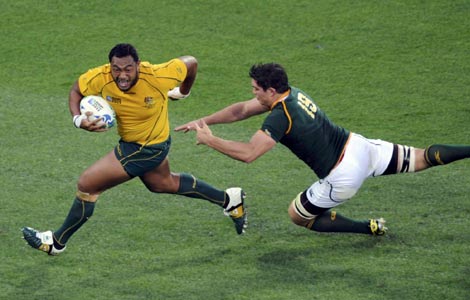|
|||||||||||
|
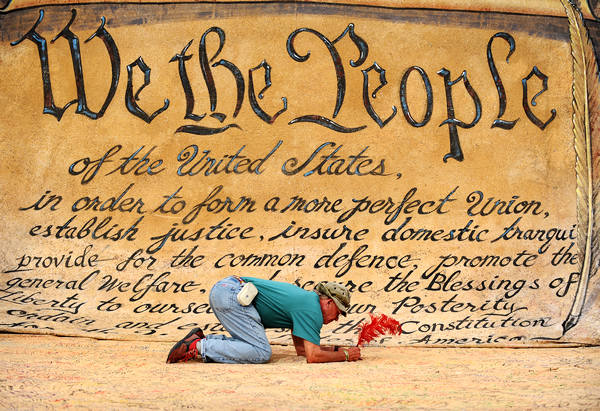 |
|
A man signs a huge banner during the "Occupy DC" protest at Freedom Plaza in Washington, DC, on Monday. [Photo/Agencies] |
WASHINGTON - Riot police moved into a Boston square early on Tuesday, arresting up to 100 people and breaking up a protest inspired by the "Occupy Wall Street" movement, the Boston Globe reported.
The newspaper said some 200 riot police surrounded the square shortly after midnight and ordered the protesters to disperse. When they refused, police moved in, shoved them to the ground, handcuffed them and dragged them off.
The protesters chanted: "The people united will never be defeated," "This is a peaceful protest," and "The whole world is watching," according to the Globe.
The newspaper cited police as saying that one officer was punched in the face, but that no protesters or police were wounded.
The Boston police could not immediately be reached for comment.
Since the first group of activists camped out in New York, growing demonstrations have been held in several US cities to protest against corporate greed and Wall Street's alleged stranglehold on US politics.
But more than three weeks into the 24-hour-a-day protests, the demonstrators resolutely refuse to name any concrete goal.
Their website at http://occupywallst.org/ states: "The one thing we all have in common is that 'We Are The 99% that will no longer tolerate the greed and corruption of the 1%'."
The slogans on the streets of Manhattan and other US cities also show a host of other intermingling influences, from the British student protests last year to the "indignados" (indignant) anti-austerity demonstrations in Greece and Spain.
What they all share in common is a feeling that the youth and middle class are paying a high price for mismanagement and malfeasance by an out-of-touch corporate, financial and political elite.
"This is most definitely going to be a multi-year trend, perhaps even a decade," says Tina Fordham, chief political analyst for US Citi bank. "What's interesting is the way you're increasingly seeing these ... strands come together. So far the policy impact has been minimal, but that could change. An extended period of low or no (economic) growth could galvanize these emerging movements into political forces."
What the Internet revolution is doing, some experts suggest, is leading to perhaps a new internationalization of political discourse. If nothing else, different protest trends around the world - many motivated at least in part by perceived economic grievance - may be producing a common narrative.
Clay Shirky, a professor at New York University and author of a 2008 book entitled Here Comes Everybody on the social change wrought by the Internet, thinks something deep may be happening to the social psychology of a generation.
Related Stories
Occupy Wall Street protesters stage a Millionaires March 2011-10-12 06:47
Occupy Wall Street vioce grows louder 2011-10-11 06:50
'Occupy Wall Street' entering 4th week 2011-10-08 09:25
Over 100 Occupy Boston protesters arrested in US 2011-10-12 01:55
- US Senate passes yuan bill amid China's opposition
- China, Russia near deal on gas
- China, Vietnam focus on future ties
- China Red Cross changes leadership
- China, Vietnam sign maritime accord
- Chinese, Russian PMs pledge closer co-op
- Russia, China working on new energy routes
- Putin starts official visit to China
Hot Topics
Libya conflict, Gaddafi, Oil spill, Palace Museum scandal, Inflation, Japan's new PM, Trapped miners, Mooncake tax, Weekly photos, Hurricane Irene
Editor's Picks
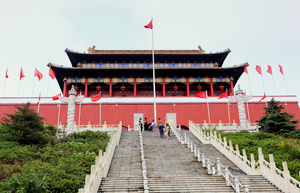
|

|
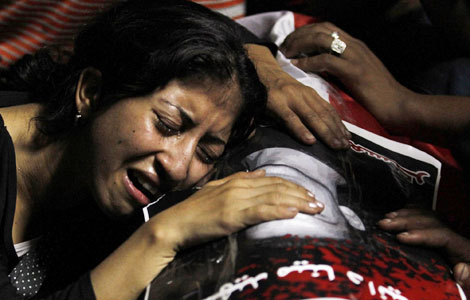
|
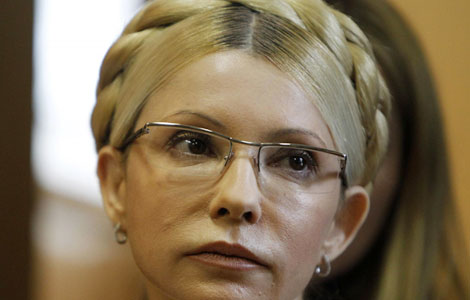
|
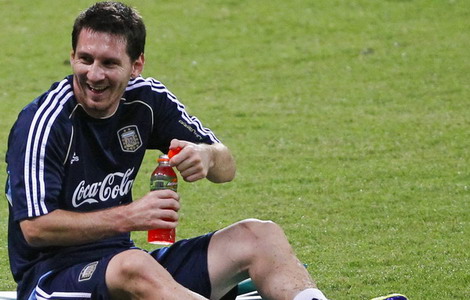
|
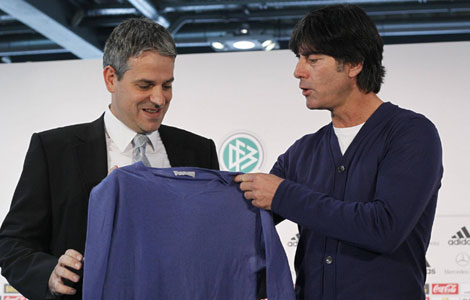
|



